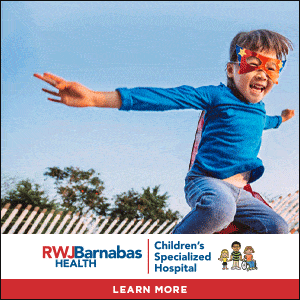Over the years, there has been conflicting information and recommendations about the amount of alcohol a woman can safely drink while pregnant. Because there are so many unknowns, the U.S. Surgeon General, the American College of Obstetricians and Gynecologists, and the American Academy of Pediatrics advise pregnant women not to drink alcohol at all.
According to a recent article, drinking alcohol during pregnancy increases the risk that your baby could have a myriad of problems, including trouble with hearing and vision, and with the heart, bones and kidneys. Children of mothers who drank while pregnant were also more likely to have neurodevelopment issues such as troubles with abstract reasoning, information processing, and attention-deficit/hyperactivity disorder.
The CDC reports that, 1 in 13 women drink alcohol while pregnant with some of them even binging from time to time. When you drink, the alcohol quickly travels through your bloodstream, crosses the placenta, and reaches your baby. Your baby breaks down alcohol more slowly than you do, so she may end up with higher levels of blood alcohol than you have.
The State of New Jersey is working hard on a campaign to encourage women to have a zero tolerance policy when it comes to the consumption of alcohol during pregnancy.
The New Jersey Pregnancy Risk Assessment Monitoring System (PRAMS) is a joint project of the New Jersey Department of Health and the Centers for Disease Control and Prevention (CDC). While information from PRAMS is used to help plan better health programs for New Jersey mothers and infants—such as improving access to high quality prenatal care, reducing smoking, and encouraging breastfeeding, their focus is educating expectant mothers on the dangers of drinking while pregnant.
According to their recommendations, women should not drink alcohol if they are planning to become pregnant, or they are sexually active and do not use effective birth control. This is because a woman could become pregnant and not know for several weeks or more. In New Jersey, over one third of births are mistimed or unwanted pregnancies.
The State of New Jersey highlights that a common myth is that only women struggling with alcoholism are at risk of having a child with an FASD. Any child whose mother drinks during pregnancy has the risk of disabilities associated with prenatal alcohol exposure. Drinking while pregnant may cause the baby to sustain permanent organic brain damage and permanent disabilities can include: medical, cognitive, neurological, linguistic, motor, learning disabilities and mental health issues.
An estimated 1 in 500 babies are born with Fetal Alcohol Spectrum Disorder or FASD caused by a woman drinking while pregnant. Healthcare costs amount to over 6 billion dollars to treat babies with FASD.









